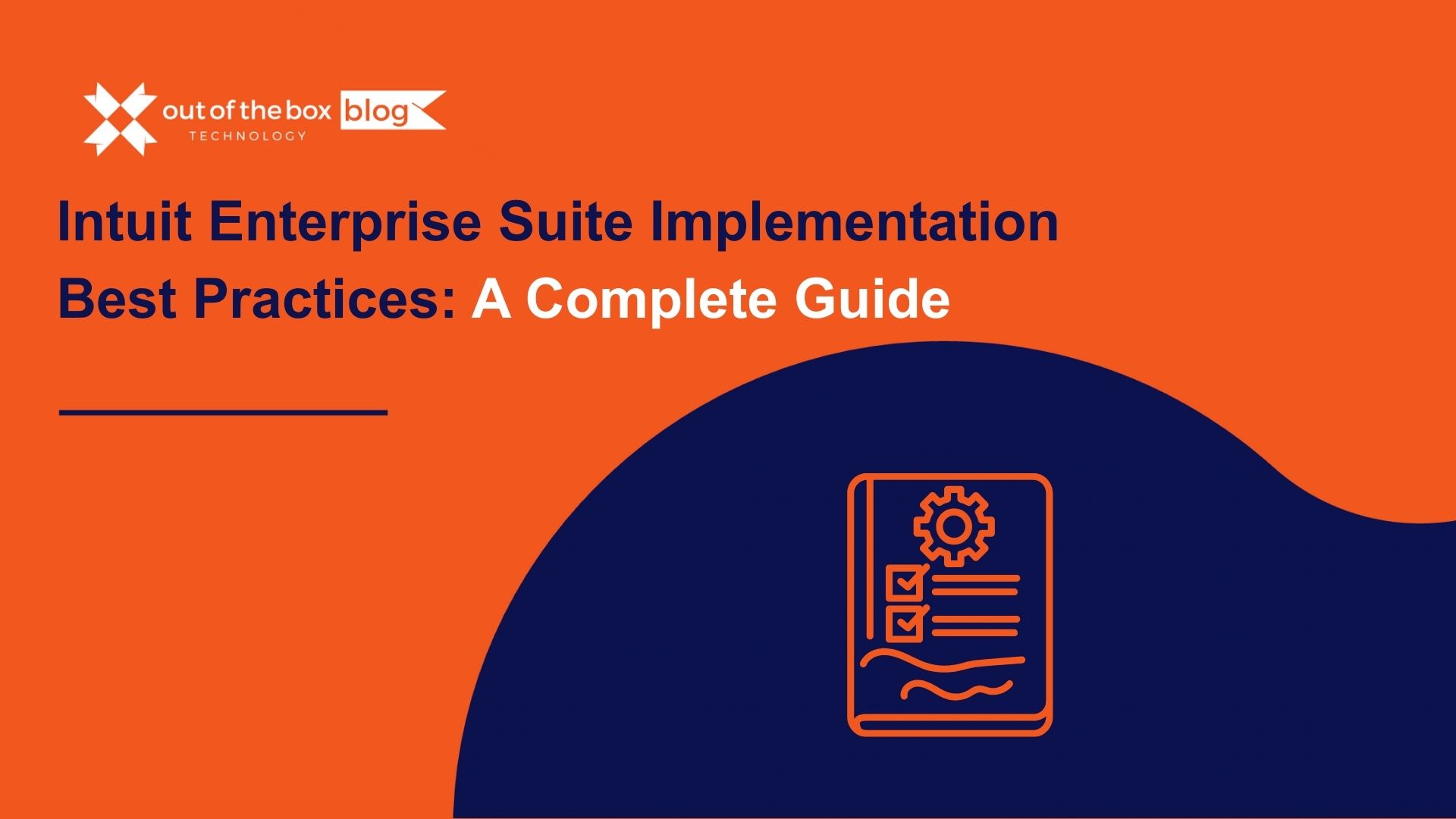Setting financial goals is crucial for any business, whether you’re a startup, a small business, or an established company. Without clear, measurable financial goals, it’s difficult to gauge progress or identify areas for improvement. Professional bookkeeping plays a key role in helping businesses not only manage day-to-day financial tasks but also achieve their long-term financial objectives. In this blog post, we’ll explore how professional bookkeeping can help you set and meet financial goals, and why expert bookkeeping is an invaluable tool in any business growth strategy.
Why Financial Goals Matter
Financial goals give your business direction and purpose. They act as benchmarks that guide your decisions, help you assess performance, and allow you to allocate resources more effectively. Common financial goals for businesses might include:
- Increasing revenue by a certain percentage each year.
- Reducing operating expenses.
- Improving cash flow management.
- Achieving specific profitability targets.
- Saving for business expansion or investment.
Without clearly defined financial goals, it’s easy to lose focus or make decisions that don’t align with your long-term business success. That’s where professional bookkeeping services come into play.
The Role of Professional Bookkeeping in Financial Goal Setting
Bookkeeping isn’t just about tracking receipts and categorizing expenses; it’s a financial system that provides the data you need to make informed decisions. Here’s how professional bookkeeping can assist you in setting and achieving your financial goals:
1. Accurate Financial Data
To set realistic financial goals, you need access to accurate and up-to-date financial data. Professional bookkeepers ensure that all financial transactions are recorded accurately and categorized appropriately. This provides you with a clear picture of your company’s financial health, enabling you to set goals based on actual performance rather than guesswork.
For example, if your business’s gross profit margin is 20% but you aim to increase it to 25%, your bookkeeper can analyze the current cost of goods sold (COGS) and operating expenses to see where adjustments can be made.
Data Point: According to a study by Clutch, 30% of small businesses fail due to running out of cash, which highlights the importance of having accurate financial data to forecast cash flow needs and set appropriate financial goals .
2. Cash Flow Management
Cash flow is one of the most critical aspects of a business. It determines whether you can meet your financial obligations, such as paying employees, suppliers, and creditors on time. Professional bookkeeping allows you to monitor your cash flow regularly and avoid cash shortfalls.
Setting financial goals for cash flow might include maintaining a certain minimum balance in your business bank account, improving the timing of receivables and payables, or implementing strategies to boost cash inflows.
Example: A small business with inconsistent cash flow can set a goal to improve its accounts receivable process. A professional bookkeeper can help by implementing invoice tracking software that sends automatic reminders to clients for overdue payments. This ensures a more consistent inflow of cash.
3. Budgeting and Forecasting
Setting a financial goal without a budget is like setting out on a trip without a map. A budget allows you to allocate resources effectively and plan for both expected and unexpected expenses. Professional bookkeepers can create detailed budgets based on your historical financial data and future projections.
This helps you set realistic revenue targets and spending limits, ensuring that you’re staying on track to meet your financial goals. Additionally, bookkeepers can help with financial forecasting, which allows you to project future revenues and expenses, making it easier to plan for growth or manage downturns.
Example: Let’s say you’re aiming to expand your business in the next two years. A professional bookkeeper can provide financial forecasts to determine how much capital you’ll need to set aside each month to reach that expansion goal while keeping the business operational.
4. Tracking Key Performance Indicators (KPIs)
Setting financial goals is just the beginning; tracking your progress is equally important. Professional bookkeeping services help you track KPIs such as revenue growth, profit margins, and return on investment (ROI). These KPIs can be tied to your financial goals, giving you tangible metrics to measure success.
By monitoring KPIs, you can adjust your strategy if needed, whether that means cutting costs, increasing sales, or finding more efficient ways to operate.
Data Point: Research shows that 71% of businesses that set financial goals regularly meet or exceed their targets, compared to 57% of businesses that don’t . This illustrates the importance of continuous tracking and adjustment based on financial data.
5. Tax Planning and Savings
Another significant benefit of professional bookkeeping is better tax planning. Proper bookkeeping ensures you’re taking advantage of all available tax deductions and credits, which can free up additional cash to reinvest in your business or save for future goals.
By working with a bookkeeper and accountant, you can also forecast your tax liabilities and set aside the necessary funds throughout the year, preventing any last-minute scrambles during tax season.
Example: A business owner might set a financial goal of reducing their tax burden by 10%. A professional bookkeeper can help identify areas for tax savings, such as reclassifying certain expenses or taking advantage of tax credits that were previously overlooked.
6. Long-Term Strategic Planning
Finally, professional bookkeepers provide the foundation for long-term strategic financial planning. By keeping detailed financial records and offering insights into trends in revenue, expenses, and cash flow, a bookkeeper helps you see the bigger picture.
Whether you’re planning for retirement, considering a business merger, or thinking about selling the company, a solid bookkeeping system provides the data you need to make informed, strategic decisions.
Example: If you’re planning to retire in 10 years, your financial goals might include saving a specific amount of money for retirement and ensuring the business is in a strong financial position to either be sold or transitioned to a successor. Professional bookkeeping can help track these goals over the long term and adjust strategies as needed.
Conclusion: A Partnership for Financial Success
Setting and achieving financial goals requires more than ambition—it demands accurate data, informed decision-making, and continuous monitoring. Professional bookkeeping plays an integral role in this process by providing the financial clarity, cash flow management, budgeting expertise, and strategic insights you need to succeed.
Whether you’re aiming to increase profitability, reduce expenses, or save for future investments, a partnership with a professional bookkeeping service ensures that your financial goals are within reach. With the right support and data-driven decision-making, your business will be well-positioned to grow and thrive.
By setting clear financial goals and leveraging the expertise of a professional bookkeeper, you can take control of your business’s financial future and achieve lasting success.
Meet with a QuickBooks service expert today!
Schedule a complimentary QuickBooks service consultation to find out the recurring accounting services to help your business run at its best.




